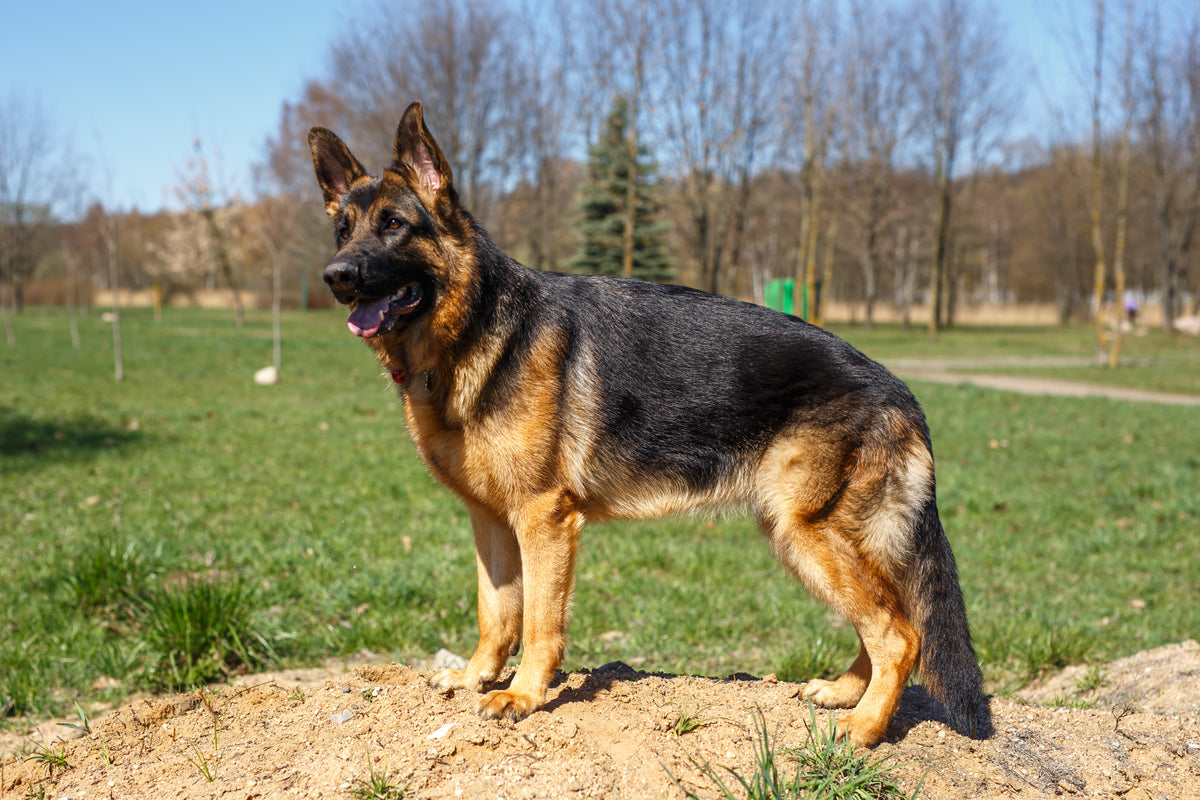
Breed History
The popularity of the German Shepherd gave rise to other variants: King Shepherd, Shiloh Shepherd, Eastern European Shepherd, White Shepherd and the White Swiss Shepherd.
Food for your German Shepherd
-
German Shepherds are large, active dogs with high energy demands. Lean meats such as buffalo, lamb, or chicken provide essential protein to support muscle strength, stamina, and overall growth while keeping them fueled for their active lifestyle.
-
Since German Shepherds are prone to hip and elbow dysplasia, incorporating foods or supplements rich in glucosamine, chondroitin, and omega fatty acids helps protect cartilage, reduce inflammation, and support long-term joint mobility.
-
Chicken or lamb bone broth is a hydrating, mineral-rich addition that not only keeps your dog hydrated but also supports digestion, immunity, and joint lubrication thanks to its collagen and amino acid content.
-
Opt for natural, minimally processed treats such as Freeze-Dried Meats that are free from artificial colors and preservatives. They help with training, strengthen bonding, and provide a safe, guilt-free reward.
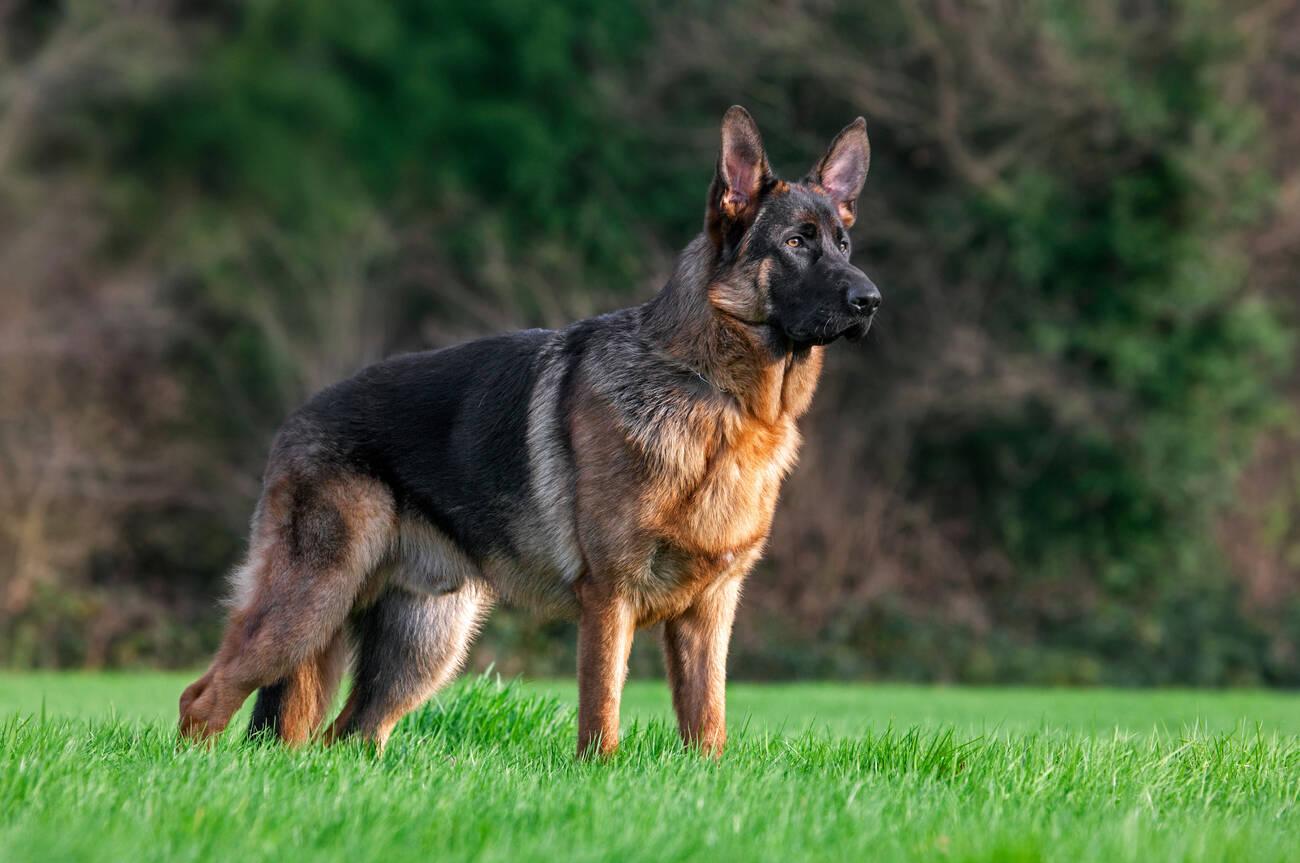
Training your German Shepherd
-
German Shepherds thrive on structure. Using consistent commands, tone, and timing helps them understand expectations faster and prevents confusion during training.
-
Reward-based training works best; offering clean, natural treats when they follow commands. Pairing treats with praise (“good boy/girl”) reinforces learning more effectively.
-
Keep training sessions 10–15 minutes long, multiple times a day. This ensures your dog stays engaged without getting bored or frustrated, making training more productive.
-
Expose your German Shepherd to different people, pets, and environments early on. This prevents fear-based reactions later and builds confidence in new situations.
-
Incorporate obedience drills, agility exercises, and puzzle toys. German Shepherds need challenges beyond basic training to stay sharp and well-behaved.
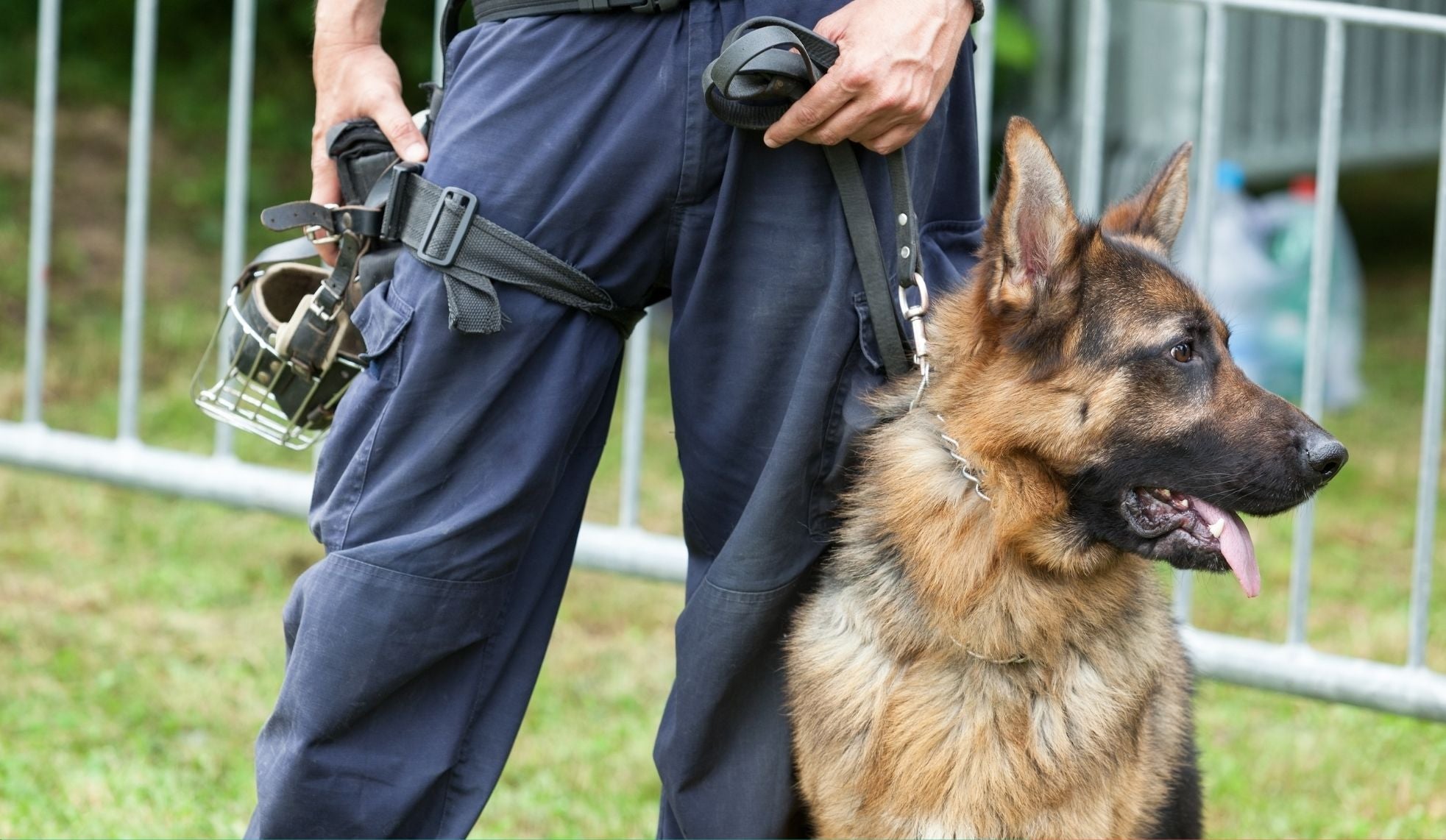
Recommended Treats

Freeze-Dried Chicken Liver
Packed with real, raw nutrition, these Freeze-Dried Chicken Liver Cubes offer the convenience of freeze-dried goodness. These treats are gluten-free and grain-free, catering to dogs with dietary sensitivities or specific needs. Designed to promote digestion and overall well-being, they are perfect for dogs with sensitive stomachs.
Exercising your German Shepherd
-
German Shepherds are an active working breed that require at least 1.5–2 hours of exercise every day. Adequate activity keeps them physically strong, mentally balanced, and prevents the buildup of excess energy that can lead to behavioral problems.
-
They thrive on a mix of running, walking, fetch, hiking, and canine sports. Changing routines and environments prevents monotony and ensures both their body and instincts are engaged.
-
Physical workouts alone aren’t enough; German Shepherds also need mental challenges. Training drills, scent work, and puzzle games give them purpose and stimulation, reducing anxiety and restlessness.
-
Without consistent outlets, this breed can easily become destructive or restless, leading to digging, chewing, or excessive barking.
-
It’s important to include low-impact exercises like swimming, gentle hikes, or controlled leash walks. This balance helps protect their joints, reducing the risk of dysplasia and mobility problems later in life.
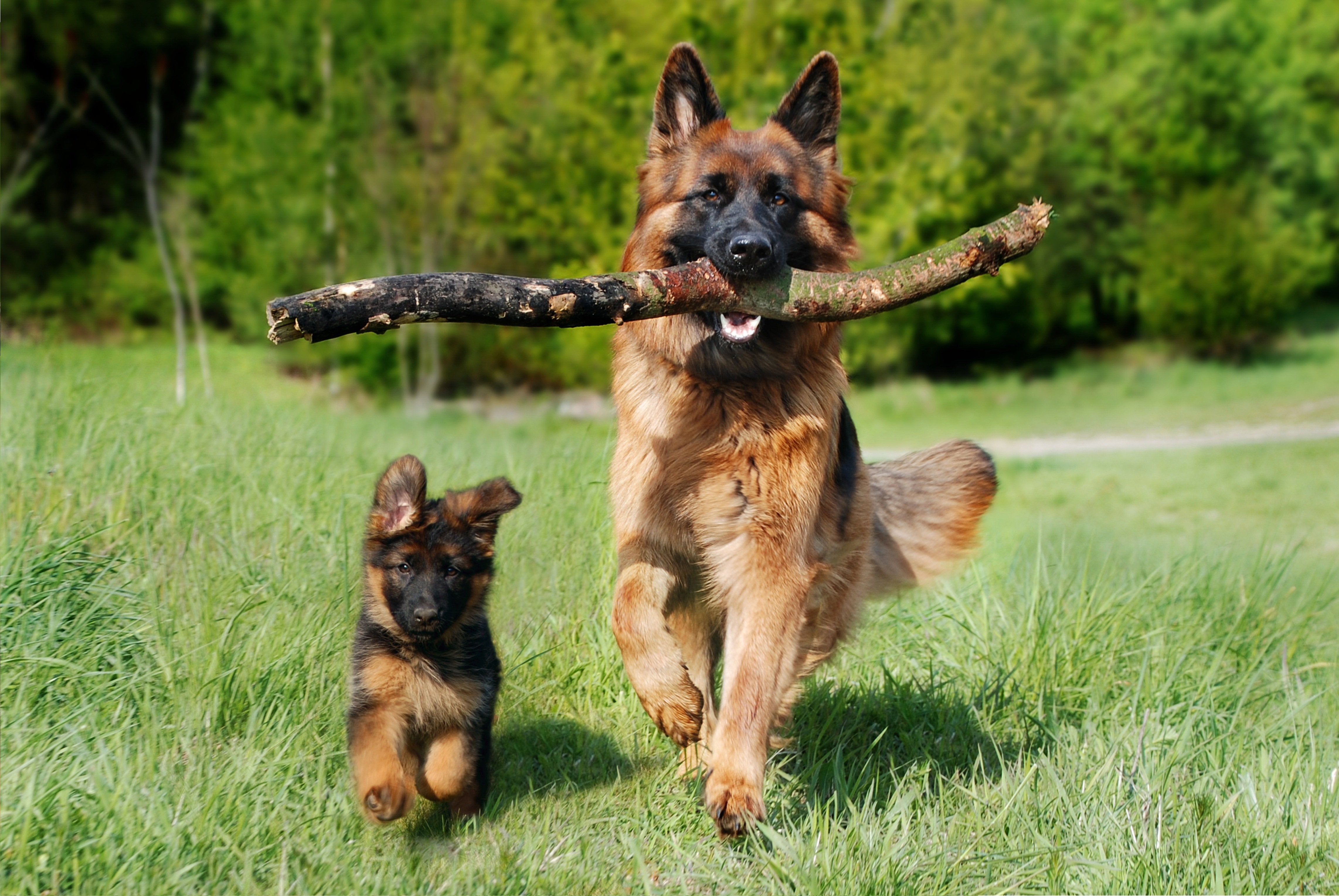
Recommended Supplement
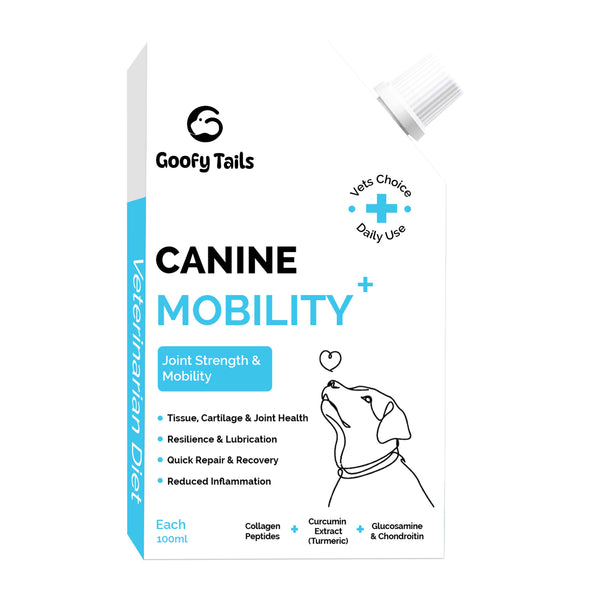
Canine Mobility+
A fortified broth specially formulated for dogs, enriched with collagen, glucosamine, chondroitin and curcuminoids to support joint health and mobility. Highly palatable and ideal for senior dogs, breeds prone to joint issues, dogs recovering from injuries or athletic dogs under joint stress.
Things to consider before getting an German Shepherd
-
German Shepherds are not low-maintenance dogs. They need daily training, 1.5–2 hours of exercise, and consistent mental stimulation, which requires significant time and dedication from their owners.
-
As a large, active breed, they thrive best in homes with ample space to move around. Apartment living can work if owners are committed to frequent walks, but ideally they do well in houses with yards.
-
They are highly intelligent and eager to learn, but also strong-willed. Early socialization and positive reinforcement training are essential to prevent behavioral issues and ensure they grow into balanced, well-mannered dogs.
-
German Shepherds are prone to hip and elbow dysplasia, degenerative myelopathy, bloat, and allergies. Prospective owners should choose responsibly bred puppies and be prepared for potential long-term healthcare costs.
-
With their double coat, German Shepherds shed heavily year-round, especially during seasonal changes. Regular brushing and grooming are necessary to manage shedding and keep their coat healthy.
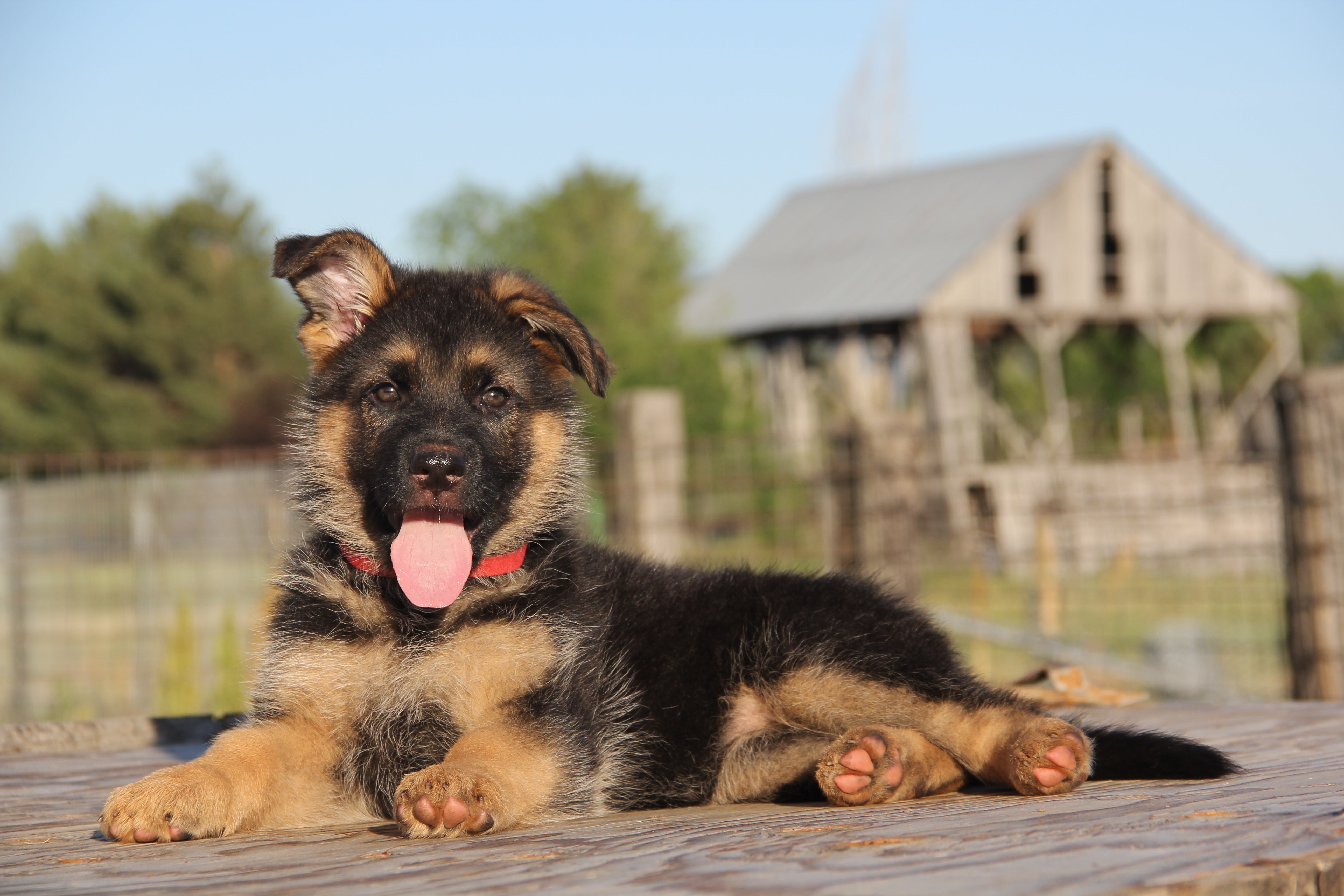
Frequently Asked Questions
They’re not picky, but they are particular. If it smells weird or feels dry, expect a nose-turn! Try warm, meaty meals or bone broth toppers to keep their interest.
A protein-rich, joint-supportive, gut-friendly diet is ideal. Think wholesome meat, omega fatty acids, glucosamine, and easy-to-digest carbs. Grain-free or gluten-free options can also help with allergies.
They’re smart and moody. Excitement, heat, or boredom can affect appetite. Switch up textures, warm the food slightly, or try rotating flavors to keep them engaged.
Yes. You don’t adopt a GSD; you adopt a GSD and a second dog made entirely of fur. Invest in a good brush (and maybe a lint roller subscription).
Absolutely. They’re known as ‘Velcro dogs’, loyal, alert, and always a step behind you. It’s not just love, it’s a job they take very seriously.
Technically yes, but it’s not ideal. Their bodies thrive on animal protein. If needed, consult a vet to ensure complete amino acid and nutrient profiles are covered.
Yes, with proper training and early socialization. They're gentle guardians but need clear boundaries and respectful interaction.
100%. GSDs are built for roles; search & rescue, security, guide dogs, agility champions; you name it. They love a purpose, so give them one, even if it's "protect the living room."
In many cases, yes. Hip & joint support (like glucosamine, chondroitin), omega oils, probiotics, and multivitamins can go a long way in maintaining their active lifestyle.
Almost! They rank in the top 3 smartest dog breeds and can learn over 100 commands. Be careful what you say, they might be judging your grammar and your snack choices. 🐾🧠


















